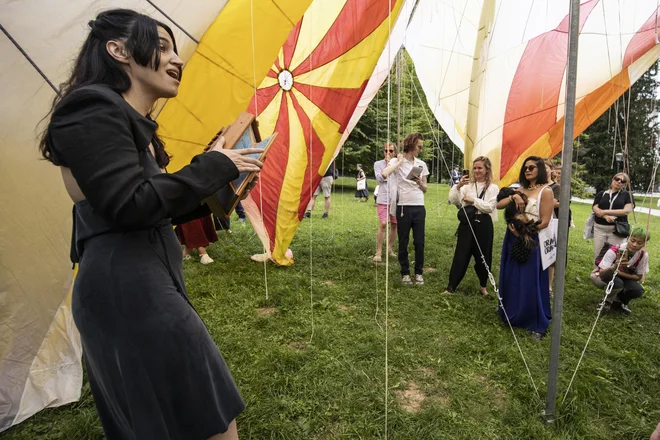Upcoming universal – Liberation

Know who we are, to know what we are holding, to think the places and the scales of what brings us together … The CONDOCET CAMPUS organizes, on March 20, 21 and 22, 2025, three days of debates and meetings on the theme « Universal (s)? ». An event that Release is a partner.
Anthropology has a very particular relationship with the universal. While sociology or history reveals the social forces which exercise a causal action on us by shaping our behaviors and our preferences, anthropology deploys its critical effect by making us discover other ways of living the human condition and awakening in us the potential of being human in a way in which we ignored existence. It thus manifests its own causality, not by revealing determinations previously ignored, but by suggesting alternatives hitherto unknown to the present state of things.
This movement is precious during a cosmological upheaval, like the one in which we are plunged due to the growing imbalance of the earth system triggered by capitalist devastation. The imperative to conceive alternative lifestyles on our planet and to cohabit with all its inhabitants, humans or not, imposes a gigantic effort to imagine new ways of sharing the very diverse worlds that various collectives have been made. A alter Politics becomes topical, because we have an urgent need to design entirely new relationships between a greater variety of agents, regardless of their ontological status. But becoming a radically foreign to ourselves by discovering new ways of human being also represents only half of the path; Or rather, it only brings the initial impulse in a reflexive journey which has many steps. One of them, the most urgent, is to become aware of what the descriptive and conceptual tools that we use to account for alternative cosmopolitics, and even other ways to relate to our fellow men and other inhabitants of the Earth, are imperfect because they were initially designed to account for the only European social sphere.
Alternating yourself, in order to be more accommodating towards others, implies a major overhaul of the mental device that we use to describe and analyze otherness. Because the key concepts of the social sciences, now passed into everyday language, such as « Culture », « nature », « society », « history », « economy », « politics », « religion », « art » Are anything but universal: they are the product of a very singular story and were forged in order to put words on some of the realities which took perceptible autonomy in Europe from the beginning of the 18th to the end of the 19th century, during this crucial period during which our continent was defined reflexively as a set of human collectives rooted in a common time process. Reforming our descriptive vocabulary is not only to take seriously the way in which other civilizations are conceived themselves, it is also trying to conceive a new world in which nature and society are no longer dissociated.








